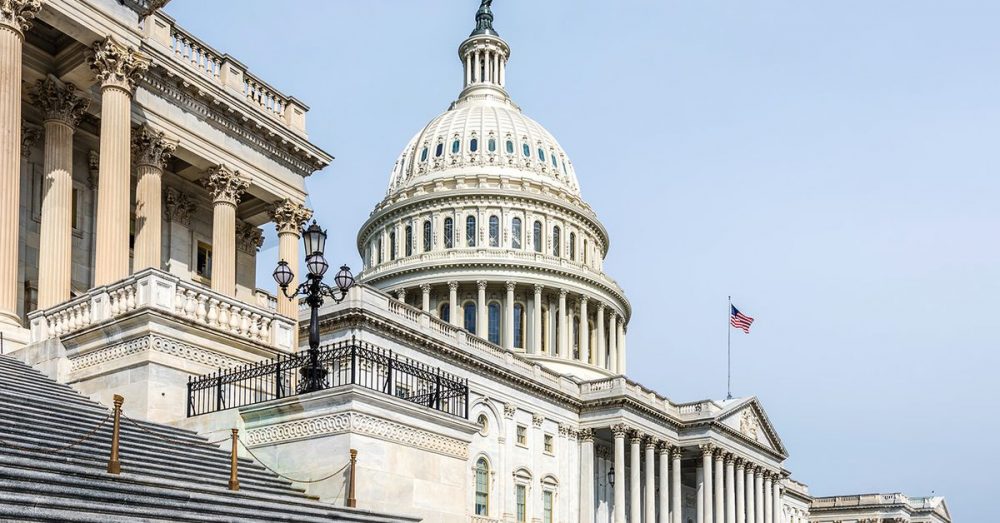The unusual joint meeting of the two most crypto-relevant committees in the U.S. House of Representatives was called to work out the best legislative approach to digital assets, but one of the top Democrats questioned whether Congress should be writing a bill at all.
The hearing of both the House Financial Services Committee and House Agriculture Committee was called Wednesday as an urgent response to the lack of government oversight of a financial sector that’s passing through a period of turmoil. The group included the Republican chairs and ranking Democrats of the committees and the subcommittees doing the work, among them Rep. Stephen Lynch (D-Mass.), the senior Democrat on the digital assets subcommittee, who threw cold water on the idea of legislation.
“I’m worried that erecting a new law could be viewed as a light touch,” Lynch said in his opening remarks, and it could encourage other sectors to move their own financial products into the digital-assets space. “Creating a separate regulatory regime through legislation is not the answer.”
In his own brief opener, House Financial Services Committee Chair Patrick McHenry (R-N.C.) said, “the purpose here is to make law.” His Democratic counterpart, Rep. Maxine Waters (D-Calif.), seemed to agree, talking of the need to “quickly return to developing legislation together.”
Lynch’s rhetoric, however, linked closely with that of Securities and Exchange Commission (SEC) Chair Gary Gensler, who routinely says current securities law provides ample authority to his agency to hold the crypto industry to that existing regulation.
Lynch, who argued “the majority of the industry has failed,” said that the SEC has a responsibility to protect investors and uses a longstanding legal framework that crypto businesses are ignoring.
Recommended for you:
- Why I Decided to Spend New Year’s Eve in the Metaverse
- Ethereum’s Shanghai Upgrade Spurs Institutional Investment Into Staking
- Fed Preview: Powell Likely to Raise Rates by 25 Basis Points Against Crypto Market’s Hope for Status Quo
“The problem is not regulatory ambiguity,” he said. “It is mass non-compliance.”







